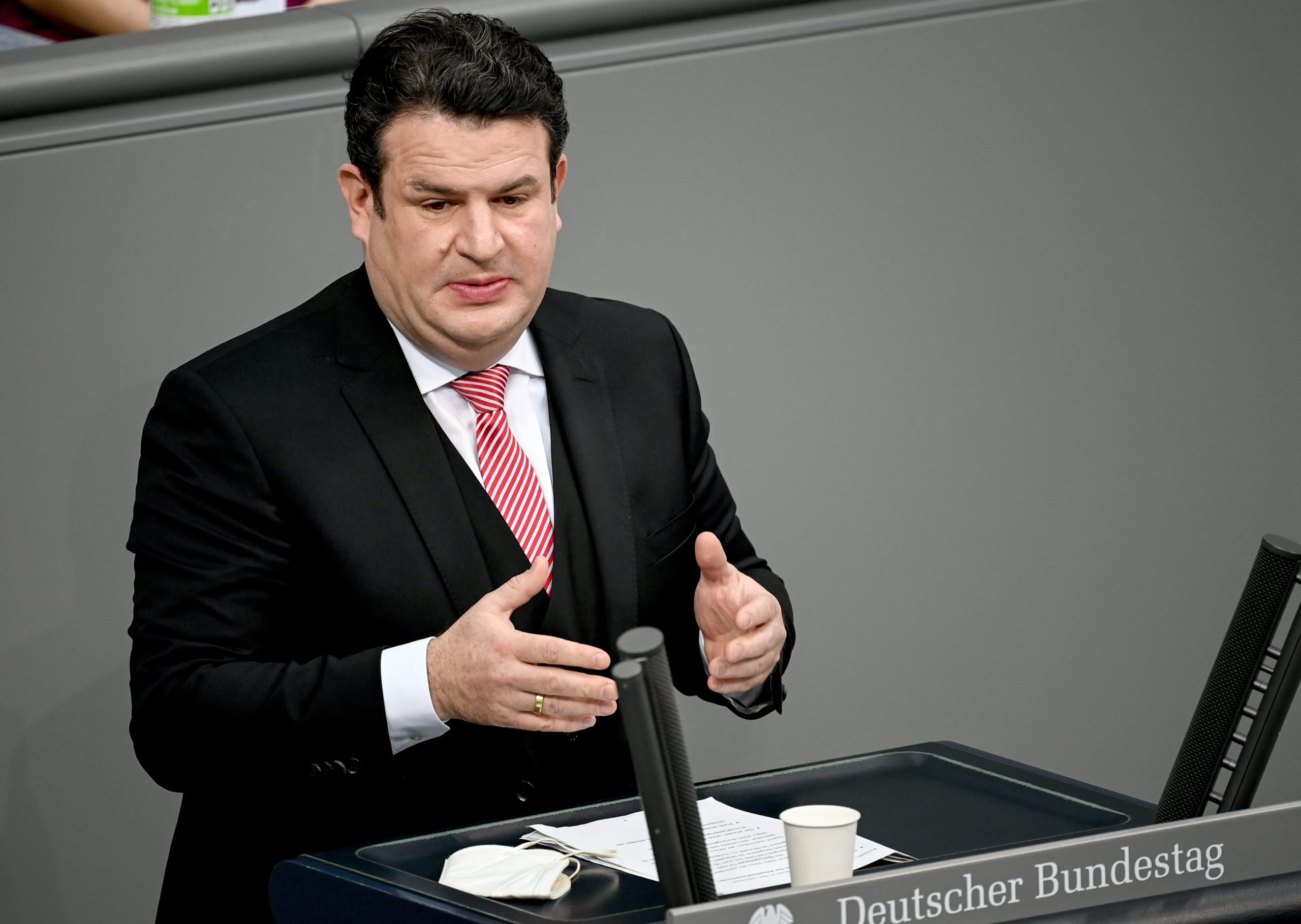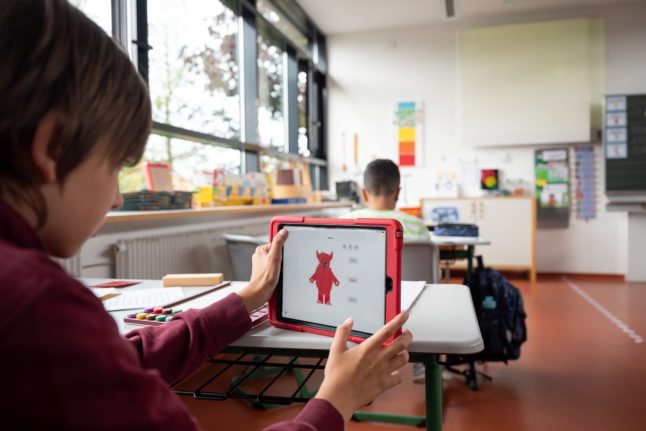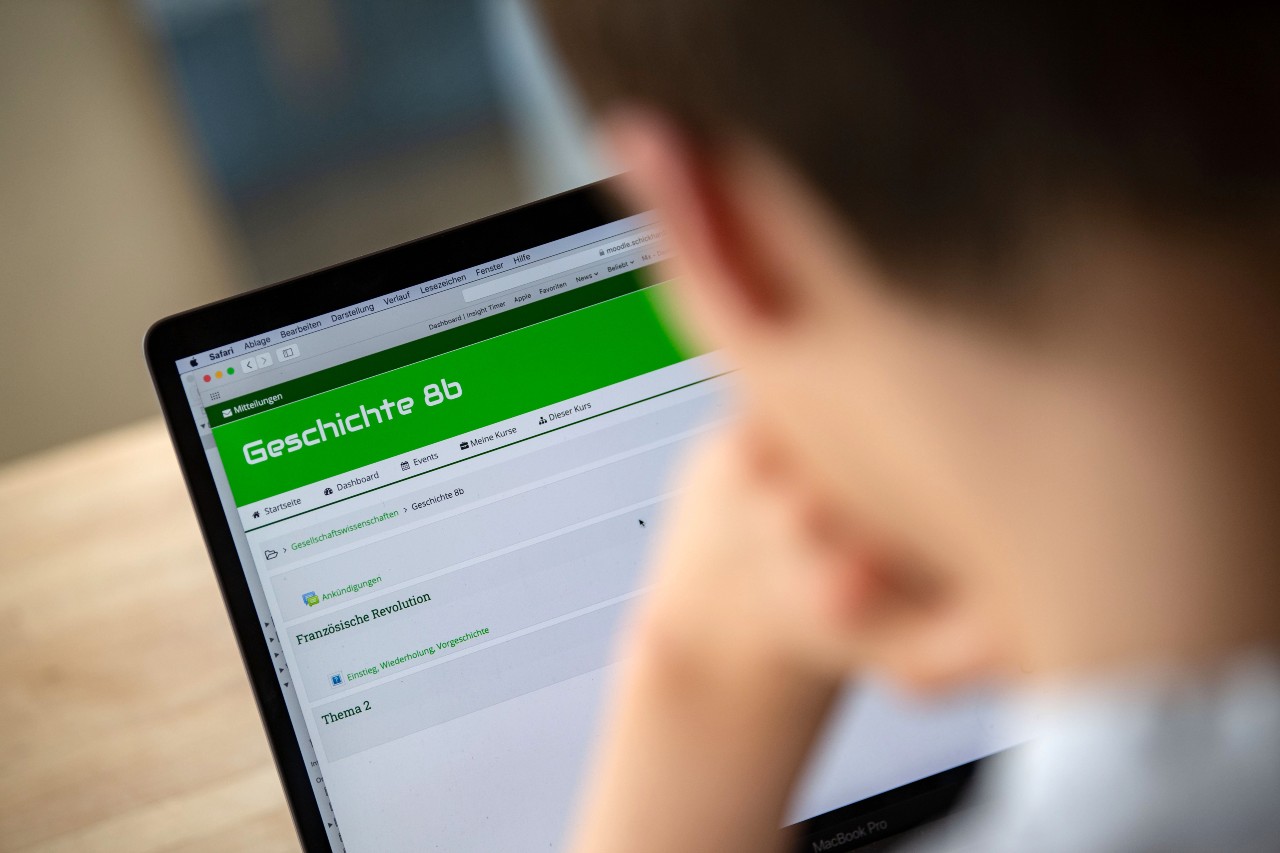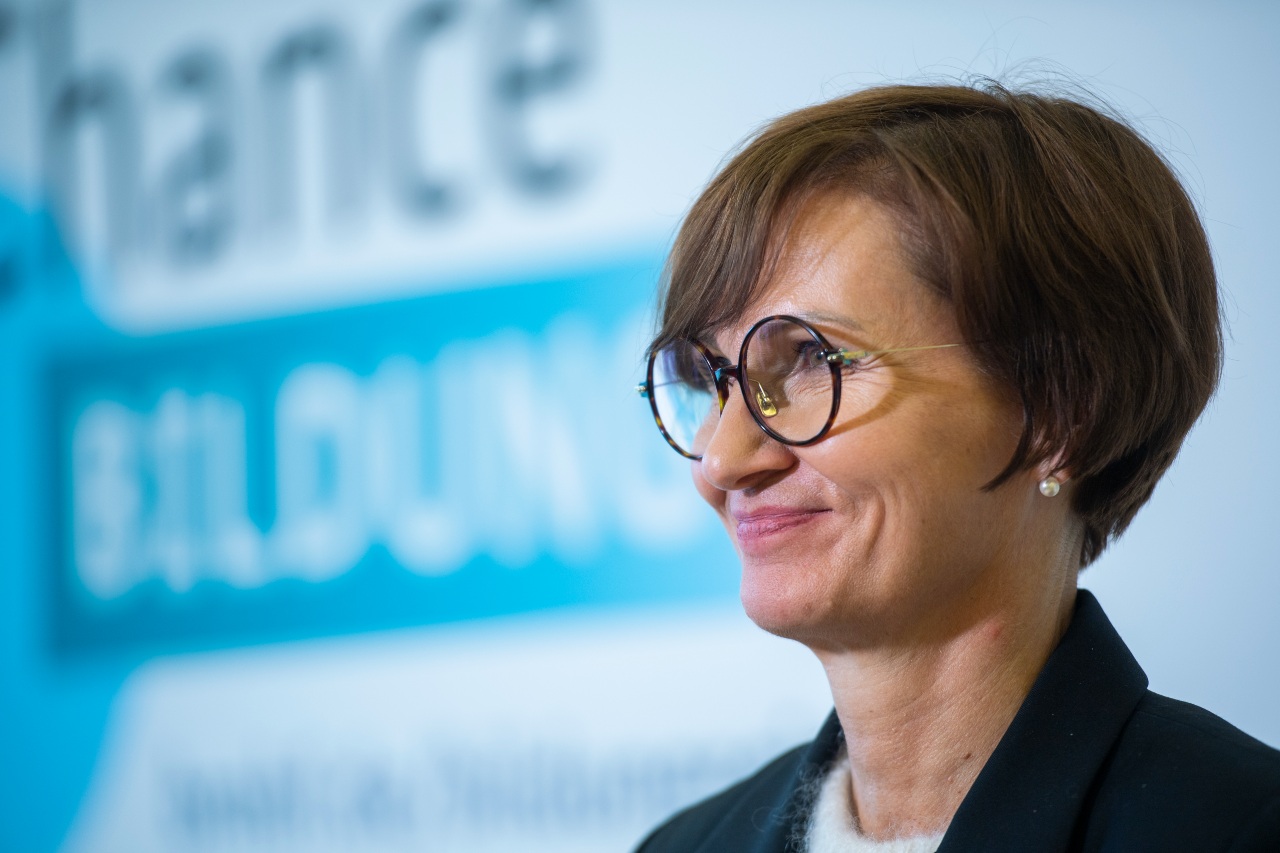Germany is known to lag behind many other nations when it comes to digital technology.
But the coalition government – made up of the Social Democrats (SPD), Greens and Free Democrats (FDP) – has taken steps forward to change this – at least when it comes to the job hunt.
READ ALSO: Germany unveils new plan to become more immigrant and digital friendly
This week, the Labour Ministry announced a new digitalisation strategy, which includes creating an app for people to claim long-term unemployment benefits (Bürgergeld) and to allow for more video consultations and digital access to residents and skilled workers from abroad looking to come to Germany.
What should we expect from the app?
The aim is to give German residents easier access to digital applications by 2030, with internal processes also set to be digitalised.
Under the plans, it will be possible to apply for so-called Citizen’s Income or Bürgergeld via an app on a smartphone.
As well as submit applications for the benefit, users will be able to make appointments and receive job offers on their phone.
The app will first be tested in selected job centres before being rolled out if successful.
Labour Minister Hubertus Heil (SPD) explained that digitalisation should make it easier for people in Germany to deal with authorities, while relieving the burden on employees and freeing them up for other tasks.

The ministry will also turn to artificial intelligence (AI) tech. The AI is intended to speed up the processing of Bürgergeld applications and translate complicated texts from official letters into understandable language for recipients.
“We will simplify internal processes and use the potential of AI,” Labor Minister Hubertus Heil told German media outlet Table Media.
READ ALSO: What to know about Germany’s new digital healthcare law
More online and video consultations
Video consultations and improvements to electronic labour market admission for foreign skilled workers are also planned.
According to Heil, services that are currently only available in analogue form are to be made digital in future.
There are also plans for a national online portal for further vocational training with access to funding opportunities, counselling and further training offers.
Jobseekers from outside the EU to benefit
As Germany faces a severe worker shortage, and attracting talent from abroad has become a high priority for the government.
Heil said that in future, skilled foreign workers will be admitted to the German labour market more quickly through digital cooperation between the Federal Employment Agency, foreign missions and immigration authorities.
The same streamlining process will apply to the recognition of foreign qualifications, which is known to be a burdensome process currently.
READ ALSO: Could backlogs at Germany’s foreigners’ offices stifle skilled immigration?
The new strategy is to apply to the entire labour and social administration. It was drawn up by seven other authorities as well as the Ministry of Labour. According to Heil, the move is an important contribution to strengthening people’s trust in the welfare state.





 Please whitelist us to continue reading.
Please whitelist us to continue reading.
Member comments